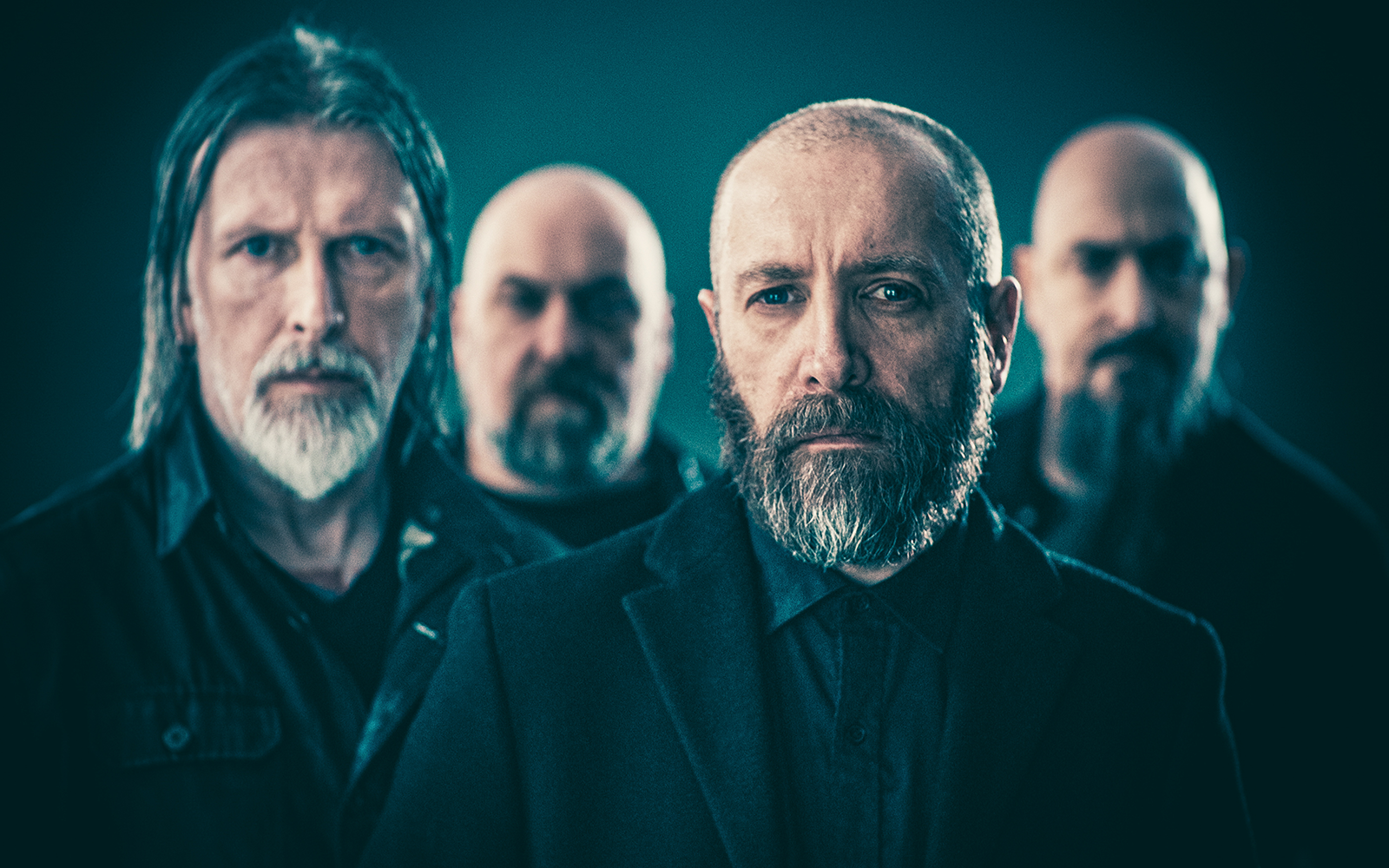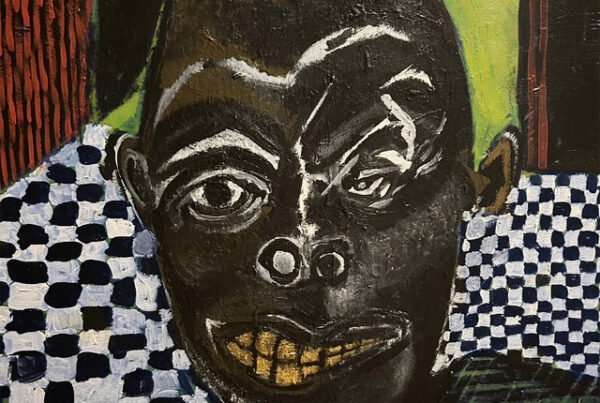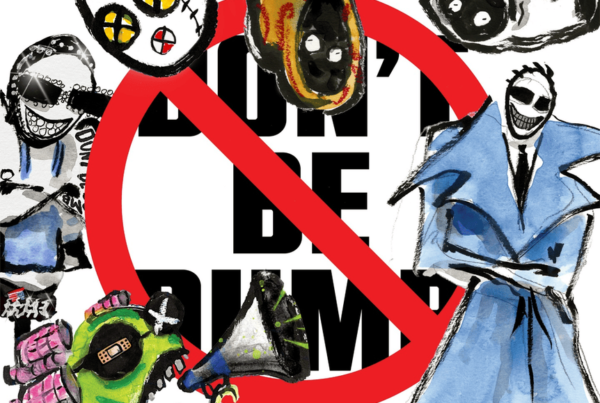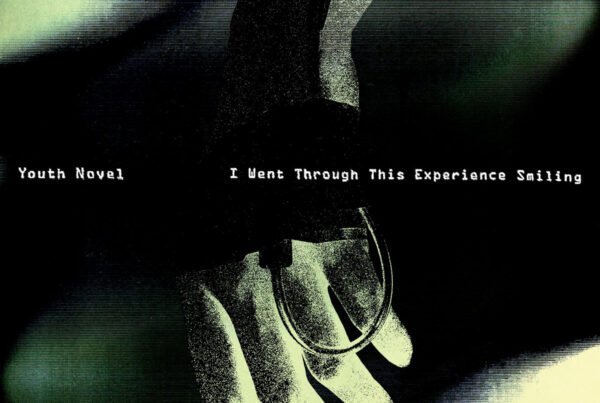Legends of doom Paradise Lost continue rising to the heavens on the somber Ascension
Release date: September 19, 2025 | Nuclear Blast | Bandcamp | Instagram | Facebook
Paradise Lost is not about nuance. They’ve not gotten this far in their career by messing with the algorithm that got them to where they are today. The band managed to build on the talented goth bands of the eighties and combine it with the urgency of metal in way that few bands after them have been able to do. It’s extremely difficult to make gothic metal that doesn’t come across as melodramatic or cringe-worthy, but these boys from Halifax seem to always avoid falling into that trap. Taking lessons learned from Dead Can Dance and Clan of Xymox and combining it with the heavy riffage of Black Sabbath, their music created a blueprint for one of the most successful purveyors of doom on the planet.
The fact that the core members of the group— singer Nick Holmes, guitarists Gregor Mackintosh and Aaron Aedy, and bassist Stephen Edmondson—have been at the helm for almost forty years is pretty unheard of in the incendiary world of heavy metal. With the exception of drummers that have seemingly spontaneously combusted, the four members of Paradise Lost have been acolytes for the doom-ridden trails they’ve worn down over the past four decades. For a group that’s used the gothic imagery of Catholicism and the occult to drive its creative engine, they’ve managed to navigate the nine circles of hell and still come up on top.
17th album Ascension, in some ways, is the band’s most intimate moment yet. Their last album Obsidian was released in 2020, during the front end of the pandemic. Since then over seven million people have passed on from the virus, and if anything would make one question the futility of God, it would be this. The cover of Ascension features a Robert Blake painting from the late 19th century called The Court of Death. Seven figures surround an angel of God, seemingly begging for mercy. In the world of Paradise Lost, God is vengeful and judgmental, just as likely to mete out pain and agony as He is mercy. Ascension deals with our struggle with mortality and suffering, a soundtrack for a purgatorial descent.
From the moment the first notes of “Serpent on a Cross” hit, there’s no doubt this is Paradise Lost. The heavy riffage, the pinched harmonics of the melodic guitar lead, the heavy, locked-in rhythm of Edmonson’s bass and Guido Zima Montanarini’s drums— all have the indelible trademark of the longtime doomsters from Halifax. Holmes’s death growls are pronounced and emotive, swallowing up the consonants and spitting them back out. ‘Such certainty of loss with the serpent on the cross,’ Holmes pleads. ‘The first chime is the last time. Your holy soul will rot.’ It’s a descent into hell while the vengeful God above grins in amusement.
“Tyrant’s Serenade” is vintage Paradise Lost, a confident, mid-tempo banger with big riffs and a showcase for Holmes’s powerful vocals. Perhaps Type O Negative would have been the American yin to Paradise Lost‘s yang, as the song’s ploddingly deep verses conjure up images of Peter Steele. The quintet from England, however, never had the obsession with sex that their Yankee counterparts had, which has probably worked to their advantage considering the band is entering the ‘ick’ factor in terms of age. (Full disclosure: as a fifty-something hirsute man, I feel qualified to make such a sweeping judgement. It is, as they say, what it is.)
“Lay A Wreath Upon the World” acts as a bridge between the first and second half of the album. The song is an elegant, acoustic exploration of planetary death, a paean to the inevitable demise of humanity. Paradise Lost‘s biggest strength is being able to encapsulate doom and misery in such a way that the emotional heft of the music doesn’t feel exploitive or pedantic. “Lay A Wreath Upon the World” explodes in the way grief pours out of an unwitting victim, an endless eruption of pain and torment.
The propulsive “Deceivers” is the hand reaching out from the grave. The song moves along at a relatively frantic pace for a band so mired in the swamps of sorrow. The band arises from the soil, six feet underneath the ground, pale and harried, ready to drag the rest of us back down to hell with them. A riff heavy, prototypical metal song, the track represents the best of Ascension, and perhaps its biggest weakness. As much as Paradise Lost have found the sound that defines them, there’s little that separates many of the tracks on this album from Obsidian. Considering how strong that album was, that still means Ascension has a lot to offer, though.
In the end, Paradise Lost is about the doom, and tracks like “Salvation”, “Dilivium” (its driving mid-section notwithstanding), and closer “The Precipice” embody everything their fans have come to love. The craftsmanship these English purveyors of sorrow bring to their songwriting remains unparalleled, particularly in the realm of gothic doom. Aside from Katatonia and My Dying Bride, few bands operate on this level. At this point, Paradise Lost are greater than the sum of their parts, and anything they release stands as a triumph of their own creation. Listening to them is like attending mass: you know the liturgy by heart, yet each time you leave steeped in guilt, humility, and with a sense of inevitable doom—only to find yourself returning again, week after week.






